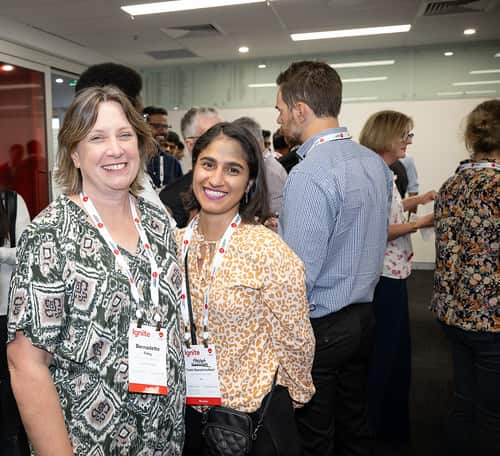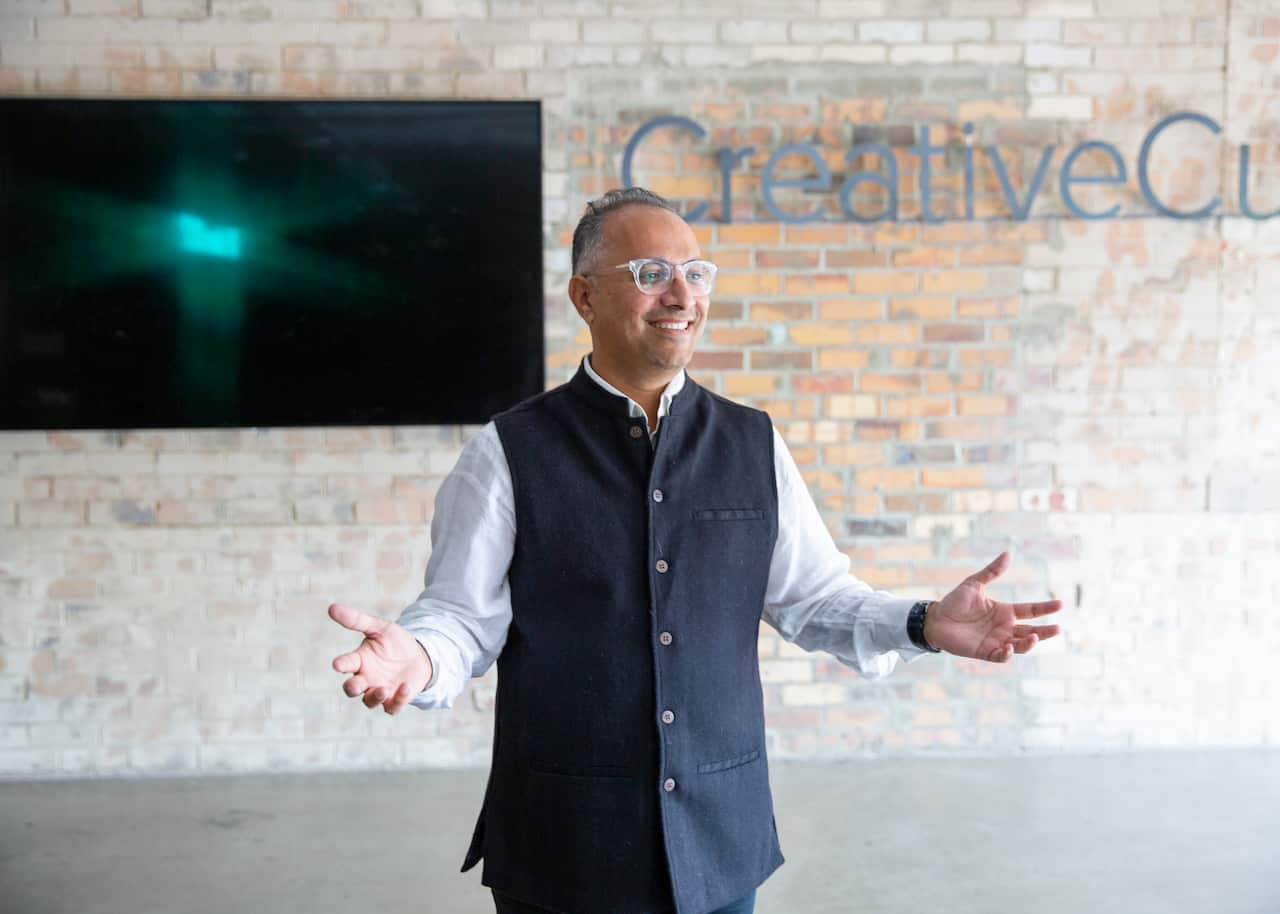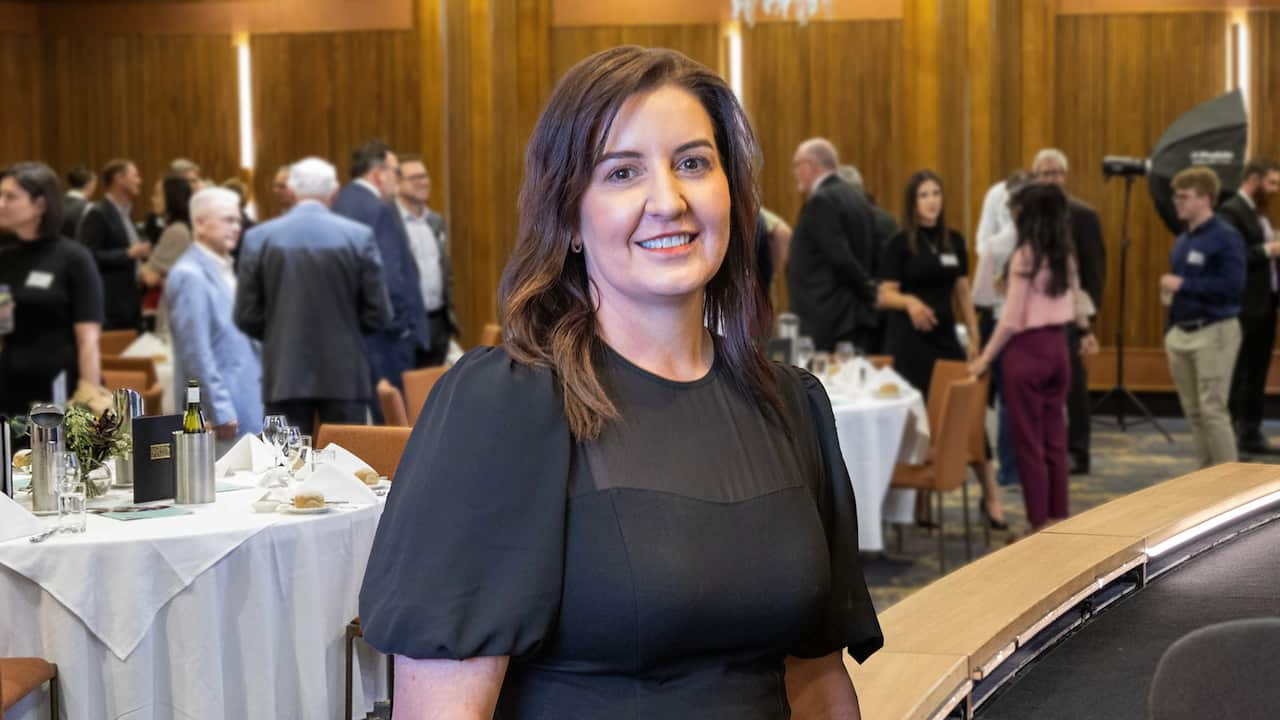This article shares practical tips from Work in Progress, an Australia Explained series exploring the journeys of skilled migrants building meaningful careers in Australia. Listen to all the episodes for more inspiring stories and expert advice.
This episode features the story of Iranian mechanical engineer Hannah Talebi — who went from working in a chocolate factory to becoming a design manager in the water industry — highlights both the challenges and resilience of migrant workers.
Australia is facing its most severe engineering labour shortage in over a decade, making skilled talent more valuable than ever. Yet, despite their qualifications and potential, only 40 per cent of migrant engineers are currently working in their field — an untapped resource with enormous potential to strengthen the economy and drive innovation.
Overseas-born engineers are the driving force behind Australia’s engineering sector. Today, more than 60 per cent of engineers come from migrant backgrounds, with women making an even greater impact at 74 per cent. By 2026, migrant engineers are expected to power 70 per cent of the nation’s workforce growth in this critical industry.

Hannah Talebi with Bernadette Foley, Engineers Australia chief engineer.
What challenges do migrant engineers face in Australia?
Despite high demand, thousands of skilled migrant engineers remain underemployed. The main barriers include:
Lack of local work experience. Limited professional networks. Complex accreditation processes. Unfamiliar recruitment systems.
Hannah Talebi, now on the national board of Engineers Australia’s Mechanical College, began her journey on a temporary visa without local experience or connections — a common story for many migrant engineers.
How can overseas engineers get their qualifications recognised?
Shellie McDonald is the Senior Manager of Engineering Talent at Engineers Australia, the government-approved body responsible for assessing the skills and competencies required in the engineering profession.
She says validating overseas qualifications is a complex but essential first step.
Recognition of overseas qualifications is complex. Obtaining a visa and having your qualifications assessed for engineering work are two different processes.
Shellie McDonald
In the last financial year alone, 28,000 internationally trained engineers applied for recognition. While international agreements set some standards, registration requirements can differ by state.

Naishadh Gadani works as a career counsellor at Monash University.
Do you need registration to work as an engineer in Australia?
It depends on the state. Some states legally require engineers to be registered, while in others it is not mandatory. Regardless, recognition from Engineers Australia is considered essential for accessing better career opportunities.
Why do migrant engineers struggle to find jobs in Australia?
Before securing her first engineering job, Hannah applied for over 100 positions, mostly entry-level graduate roles.
“I didn’t hear anything back. I had maybe one or two interviews, but then rejection after rejection,” she recalls.
The lack of Australian experience, combined with limited professional networks, often leads to repeated rejections — even for highly qualified engineers.How should engineers write their CV for the Australian job market?
Naishadh Gadani, a career counsellor and former engineer, says CVs in Australia must be evidence-based.
Don’t just say you have project management experience” — show it she explains. “[For example,] ‘managed $10 million infrastructure projects over five years.’ That’s what employers want to see.
Naishadh Gadani
A tailored, results-focused CV is often the key to getting noticed.

Shellie McDonald, Senior Manager of Engineering Talent at Engineers Australia.
How important is networking for migrant engineers?
Hannah says her breakthrough came not through job applications, but while working in a chocolate factory in Adelaide. Her technical skills caught management’s attention, and she was encouraged to apply for an engineering role when one opened.
Because you’re an immigrant, you studied somewhere else, you don’t have that network of professionals that can recommend you…That’s the biggest challenge for immigrants.
Hannah Talebi
Networking gave Hannah the chance to be recommended for opportunities that never appeared on job boards.
What is the hidden job market for engineers in Australia?
Naishadh Gadani points out that around three-quarters of jobs are never advertised. Employers prefer referrals since recruitment is costly and time-consuming.That means networking is often just as important as applying online.
“Talk to people,” Hannah advises. “You never know who’s going to be that one person who helps you. And you won’t find that person if you stay in your bubble.”
Disclaimer: The information in this article is provided as a general example and is accurate at the time of publishing. For the most up-to-date and detailed information, please refer to official authorities such as Engineers Australia and the Australian Government Department of Home Affairs. Individuals are encouraged to seek advice tailored to their personal circumstances.

